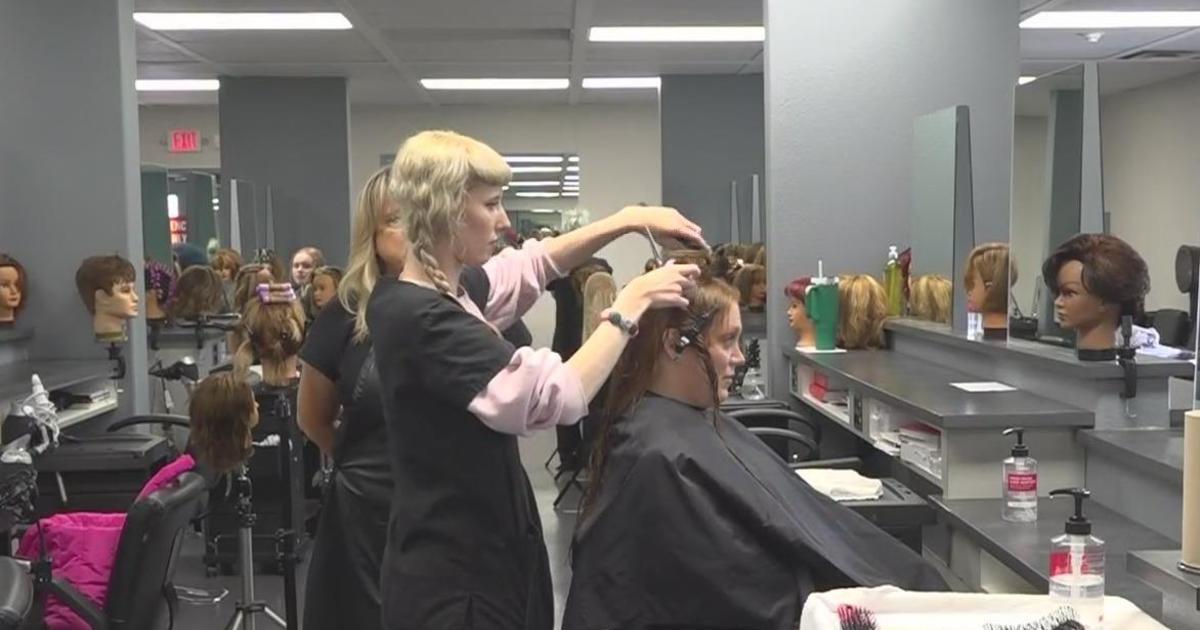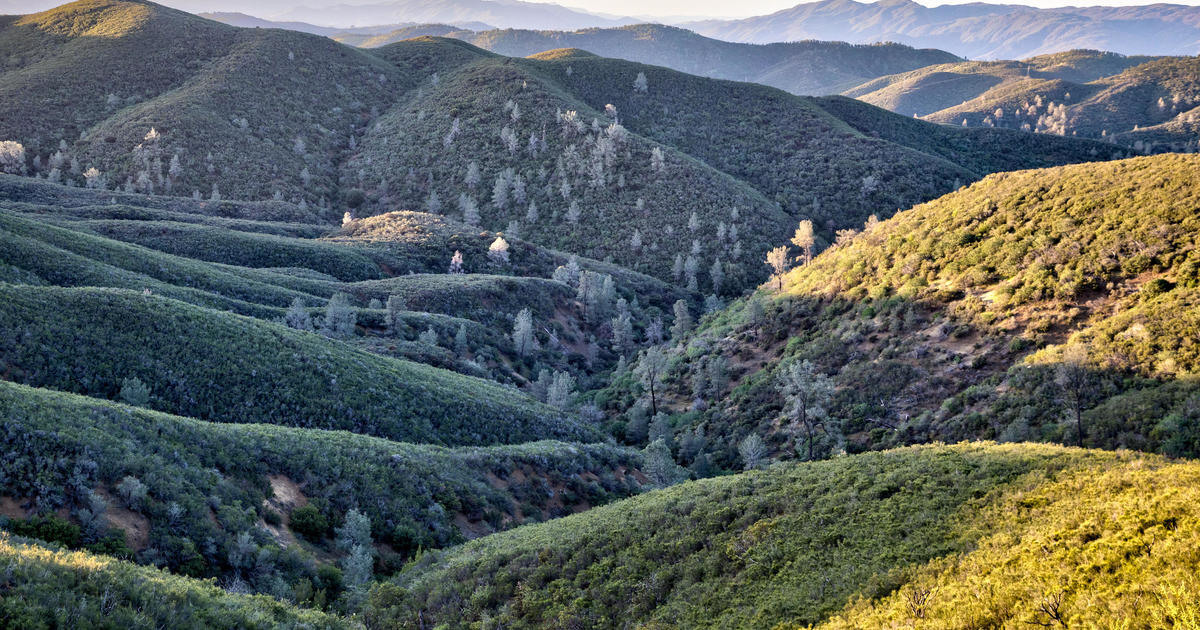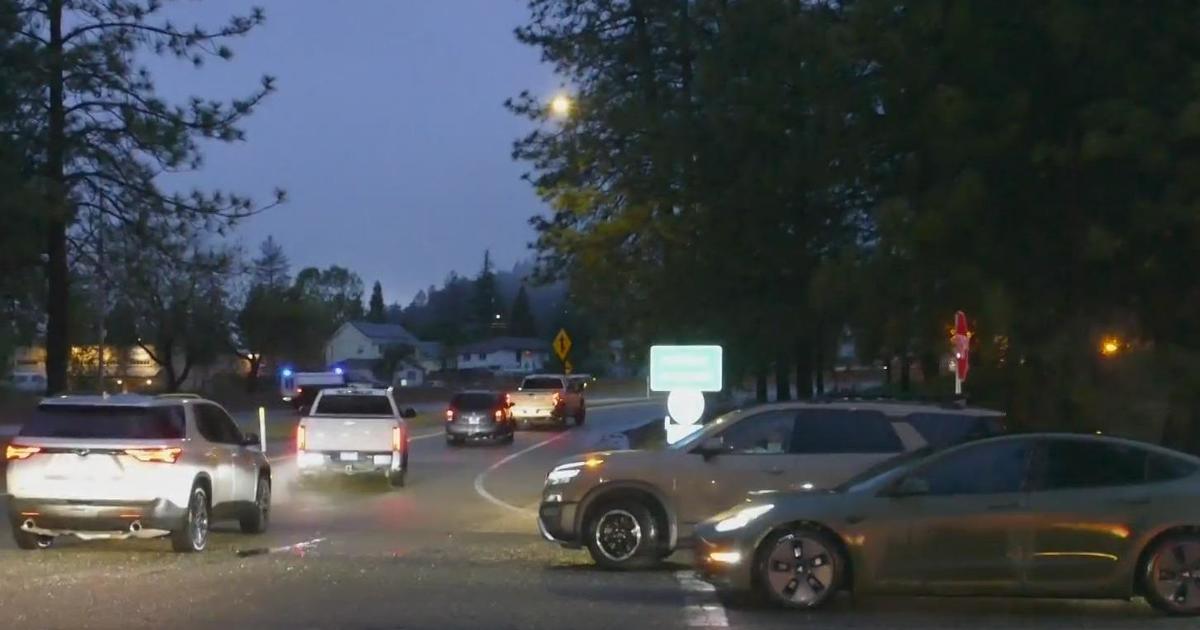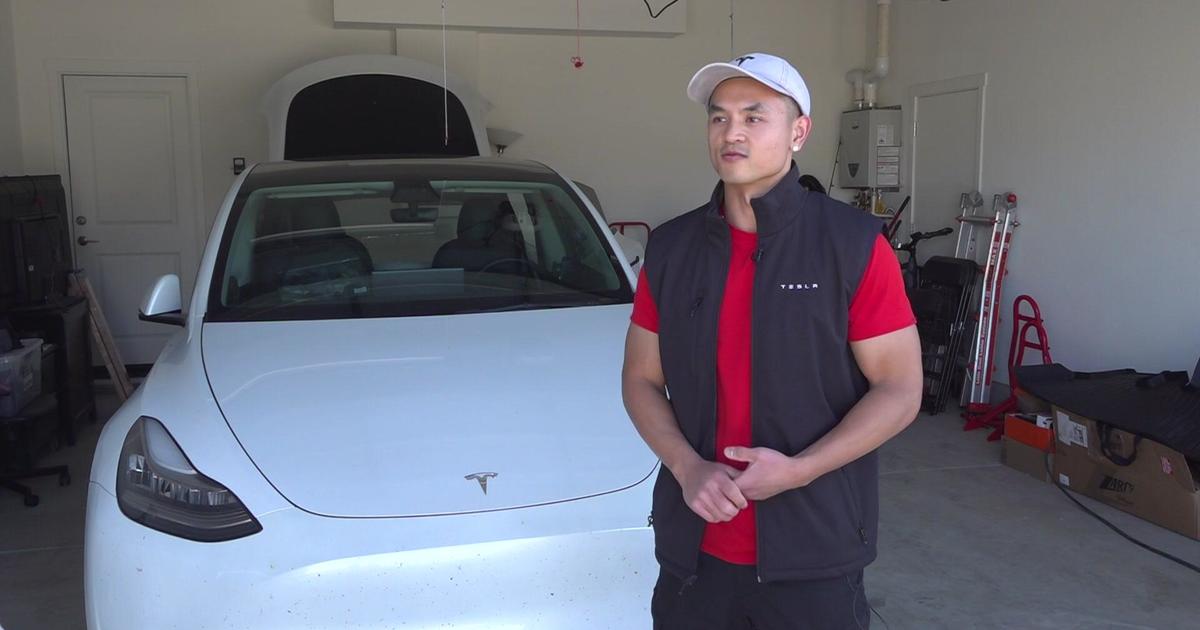Monkeypox Cases Rapidly Mounting As Clinic Pushes High-Risk Groups To Get Vaccinated
SACRAMENTO (CBS13) – There's a call for a more aggressive response to the monkeypox outbreak as cases climb and the demand for a vaccine outpaces the supply.
California has now passed New York as the state with the most case of monkeypox in the U.S., according to the Centers for Disease and Control Prevention. State public health officials confirmed to CBS13 that there are 250 probable and confirmed cases of the disease.
In Sacramento County, there are now 14 suspected cases based on data.
According to a spokesperson, the county has received 1,000 vaccines from the state but is requesting more.
While the chances of catching monkeypox remain low for the general public, One Community Health is fielding calls left and right.
"What's most concerning about this virus is really how it's spread very quickly in the population that we cater to," said Dr. Ben Balatbat, the chief medical officer of the clinic.
The team works closely with people living with HIV and provides services to the LGBTQ community.
Data shows a majority of the cases are men, specifically men having sex with men, transgender people, commercial sex workers, and those with multiple partners.
Public health officials say monkeypox is not a sexually transmitted infection but is related to the same virus that causes smallpox. It doesn't transmit through the air but through direct contact. Sometimes, that may mean skin-to-skin such as touching an infectious rash, scabs, or body fluids.
Even clothes or linen touching the infectious rash or bodily fluids can lead to exposure.
At the moment, there is growing concern the virus is stigmatizing gay men.
"It makes me very sad. I was very active when AIDS came out," said Shawn Hurford, who worked closely with AIDS clinics.
Hurford sees monkeypox mirroring sentiments seen during the HIV/AIDS epidemic in the 80s.
"They got so much flak about it," Hurford said. "I'd hate to see that happen again. I feel like, 'Didn't we learn the first time?'"
Perhaps not, says Shanya Pickard. She's a therapist who also works with the LGBTQ community.
"So, even when we think about the pandemic and where they thought it came from – people began to become kind of racist towards people of the Asian culture because of this rumor this is where it came from," Pickard said.
"Now, there are all these assumptions," she said.



